The Mirror of Fantasy and RealityMy first serious project took place from 2016 to 2018. This project, a manga version of what would later become my Angelica/Demonica webnovel, would ultimately fail and lead me to pursuing a career in writing prose. The project failed, yes, but it was an experience that I duly needed to truly begin to understand the wild, mercurial beast that is a story—and thusly, understand the concept of fantasy. “Fantasy” is an odd word for the genre, given that the proper definition of the word aptly applies to all fiction. But I speak of the term in the common disambiguation that one would consider when they think of it in terms of fiction. That, in turn, refers to a genre that often has a unique world (or an unnaturally modified version of our world), magical components, and possibly (and usually in some form or another) mythical characteristics. Photo by William F. Burk This is a short list and is in no way comprehensive nor does it give justice to the vast area of themes and elements that the genre encompasses. My point in this list is to gravitate the mind to the idea that fantasy is the greatest creative form available to the writer. Given its creative breadth, the beast of fantasy holds a unique power, akin to that of literary fiction, yet more covert and easier to swallow. That is, what gives the fantasy genre its power is not its ability to exit or warp reality; it is instead its ability to mimic it. You might say: “Wait! You just defined fantasy as unnatural or far from reality!” This is true. But it is that very element that allows the power of fantasy to work. In this, short and simple, fantasy allows the reader to approach the self and the world in ways that they might not in another genre. When we follow a hero or heroine, we meld with them. This is a key component of fiction in general, but more so with fantasy. Given the idea that the reader wants to escape, they are drawn into the problems of the illusory world in the book. And, in turn, they see themselves in the characters. This may happen subconsciously, but it works as a mirror. Within the character’s struggles, we see our own; within the character’s world, we approach our own. Fantasy is the jagged black mirror, its truth only available in the light of suspended belief. Its truth is not the truth of the tale, but the truth of the one reading the words. The reader follows the character, but they’re really following their hearts. Enjoyed this post? Leave me a comment! ^_^
0 Comments
Some Thoughts on Imposter Syndrome |
ON THE ORIGIN OF CHARACTERS
An interesting question came to me in a conversation with a friend. That is, the conundrum of “Where do story characters come from?”
I say that it is interesting because I quite candidly don’t know the answer. The arrival of a character is almost as enigmatic as the character is themselves. Characters are, in a materialist’s opinion, figments of the imagination. They are merely creations of the engine of the mind put forth for the writer’s use in a story. But we know that’s not all there is to it, though the above opinion is partially correct, of course.
But it is not wholly correct.
Characters are human; they are just as human as you or I. They have personalities; they have quirks and nuances; they laugh, and they cry. And most human of all, they possess the most remarkable resilience.
But their origins are unknown. Perhaps they are mere figments, ghosts of the psyche that are conjured for the very purpose of slaving to a plot. Or maybe they are a stroke of providence, a unique piece of “somewhere else” (if you believe there is somewhere out there that one could consider “else”). Of course, both explanations seem fitting on a philosophical spectrum, I believe there is more to it than that, and my beliefs come from a particular part of my writing process.
I do not brainstorm characters. Honestly, I rarely research name meanings to fit a character’s personality. Though there is no correct way to make or name a character (just as there is no correct way to write a story), I personally believe this takes away the sense of organism that the character possesses in my mind.
So, what do I do when I need a new character, you might ask? Well, I’m a bit careless. I clear my mind and simply ask:
“What’s your name?”
I say that it is interesting because I quite candidly don’t know the answer. The arrival of a character is almost as enigmatic as the character is themselves. Characters are, in a materialist’s opinion, figments of the imagination. They are merely creations of the engine of the mind put forth for the writer’s use in a story. But we know that’s not all there is to it, though the above opinion is partially correct, of course.
But it is not wholly correct.
Characters are human; they are just as human as you or I. They have personalities; they have quirks and nuances; they laugh, and they cry. And most human of all, they possess the most remarkable resilience.
But their origins are unknown. Perhaps they are mere figments, ghosts of the psyche that are conjured for the very purpose of slaving to a plot. Or maybe they are a stroke of providence, a unique piece of “somewhere else” (if you believe there is somewhere out there that one could consider “else”). Of course, both explanations seem fitting on a philosophical spectrum, I believe there is more to it than that, and my beliefs come from a particular part of my writing process.
I do not brainstorm characters. Honestly, I rarely research name meanings to fit a character’s personality. Though there is no correct way to make or name a character (just as there is no correct way to write a story), I personally believe this takes away the sense of organism that the character possesses in my mind.
So, what do I do when I need a new character, you might ask? Well, I’m a bit careless. I clear my mind and simply ask:
“What’s your name?”
Photo by William F. Burk
It’s curious to me how I will always get an answer. Of course, I have planned characters, but most are happy surprises.
And because of this, I cannot say that they are mere figments for a story. Many of them don’t have a story yet. And as for providence, I don’t believe any of them are given to me.
No. Characters are something entirely other. Perhaps they are real? And I believe I love the mystery of it. They are blessings to the writer. They teach us; they surprise us; they show us the beauty in the world when they overcome
adversity. They are unique and wondrous little voices that speak to our hearts and minds…
And I wouldn’t have it any other way.
And because of this, I cannot say that they are mere figments for a story. Many of them don’t have a story yet. And as for providence, I don’t believe any of them are given to me.
No. Characters are something entirely other. Perhaps they are real? And I believe I love the mystery of it. They are blessings to the writer. They teach us; they surprise us; they show us the beauty in the world when they overcome
adversity. They are unique and wondrous little voices that speak to our hearts and minds…
And I wouldn’t have it any other way.
Happy writing.
Thanks for reading! For more writings by me, visit the "My Writings" page!
If anything in your life is more important than writing—anything at all—you should walk away now while you still can. Forewarned is forearmed.
For those who cannot or will not walk away, you need only remember this.
Writing is life. Breathe deeply of it.
— Terry Brooks, “Sometimes the Magic Works: Lessons from a Writing Life
For those who cannot or will not walk away, you need only remember this.
Writing is life. Breathe deeply of it.
— Terry Brooks, “Sometimes the Magic Works: Lessons from a Writing Life
A friend disagreed with me once about the blessings of art in contrast to the curses of the artist. It is a fascinating subject indeed. And those who are not a slave to the muses have difficulty understanding the yoke the artist wears around their neck.
Art is the most beautiful burden, and that does not necessarily make it a bad thing.
In a conversation with my wonderful editor on if writing my second book will be easier than the first, I replied that, for a writer, ease is the enemy. Ease is the sign that you have stopped; ease is the sign that you have become comfortable with your writing ability, and that—well--that is a most dangerous position to be. If you ever believe that writing is “easy,” you must know that you are simply fooling yourself:
Danger! Danger! You must turn back!
Art is the most beautiful burden, and that does not necessarily make it a bad thing.
In a conversation with my wonderful editor on if writing my second book will be easier than the first, I replied that, for a writer, ease is the enemy. Ease is the sign that you have stopped; ease is the sign that you have become comfortable with your writing ability, and that—well--that is a most dangerous position to be. If you ever believe that writing is “easy,” you must know that you are simply fooling yourself:
Danger! Danger! You must turn back!
Side note: This is an amazing book. You should read it!
So how do these two topics amalgamate? How does the burden of writing keep us from the dangers of ease?
Burden is the sign of growth; hardship is the sign of progress. Triumph over burden means that your passion is true, and true passion is the crux of good Art.
So, let me broaden the words of the great master above me...
Burden is the sign of growth; hardship is the sign of progress. Triumph over burden means that your passion is true, and true passion is the crux of good Art.
So, let me broaden the words of the great master above me...
“[Art] is life. Breathe deeply of it.”
Enjoyed this post? Found it helpful? Leave me a comment! :)
“In the cave you fear to enter lies the treasure that you seek.”
- Joseph Campbell
- Joseph Campbell
There is a deepness and unsung clarity to this quote. Over the past few weeks, I have been reading Joseph Campbell’s magnum opus, “The Hero With A Thousand Faces,” and it is odd just how much this single book has caused me to grow as a writer and overall as a storyteller.
I have always been a lover of stories; I have always believed in their power. They move us, teach us, and cause us to grow. Stories are inherently and inextricably human, and you probably couldn’t imagine your life without them.
So what makes a story “human”? And just what does it mean for a story to be “human”?
When you read a tale of heroism or extravagance, you might read this and think “How am I anything like this hero? They’re so larger than life!” And if I told you that these heroes are not so different from you or me, would you believe me? Would you believe me if I said that these heroes and heroines are all a part of the same archetype—the same human spirit and psyche?
I have always been a lover of stories; I have always believed in their power. They move us, teach us, and cause us to grow. Stories are inherently and inextricably human, and you probably couldn’t imagine your life without them.
So what makes a story “human”? And just what does it mean for a story to be “human”?
When you read a tale of heroism or extravagance, you might read this and think “How am I anything like this hero? They’re so larger than life!” And if I told you that these heroes are not so different from you or me, would you believe me? Would you believe me if I said that these heroes and heroines are all a part of the same archetype—the same human spirit and psyche?
Photo by William F. Burk
I must admit that, as a writer, I do.
Stories are things that have the power to transcend the contrived boundaries between humanity and yet, deep within them, they hold the keys to our very essence. All peoples, when moved by a tale, will weep at its beauty.
The above quote is a favorite of mine, simply because it captures the message of Campbell’s book so well, and I think it's so wise because often times we don't strive for the things we desire because we're afraid of failure. In a sense, our lives aren't so different from that of the hero who journeys into the cursed cave to find his sacred treasure. No. The heroes of myth and legend, in many ways, are not so different from us everyday people. While we will indeed never journey to obtain the Golden Fleece or wrestle the wild man Enkidu, we still have two things that the heroes of ancient tales possess: We have the fear of the unknown and the proclivity for courage.
Indeed the unknown faces us, its visage abysmal and grim. We know that our desires lie within, but darkness is daunting, isn’t it? But with only a little courage does the hero solve the riddle, escape the trap, slay the beast. When one’s virtue supersedes their self-preservation, that is true courage.
So, then, how are you like the heroes of ancient myth? Easily put, you are kin in that all humans struggle, and all humans possess desires, loves, romances. The heroes of ancient times may seem so alienated from the common day, but the truth is that they are not. The protagonists of these age old epics are merely hyperbolic archetypes of what it means to be human.
Go, bravely into the cave, for there is thunder within you.
Stories are things that have the power to transcend the contrived boundaries between humanity and yet, deep within them, they hold the keys to our very essence. All peoples, when moved by a tale, will weep at its beauty.
The above quote is a favorite of mine, simply because it captures the message of Campbell’s book so well, and I think it's so wise because often times we don't strive for the things we desire because we're afraid of failure. In a sense, our lives aren't so different from that of the hero who journeys into the cursed cave to find his sacred treasure. No. The heroes of myth and legend, in many ways, are not so different from us everyday people. While we will indeed never journey to obtain the Golden Fleece or wrestle the wild man Enkidu, we still have two things that the heroes of ancient tales possess: We have the fear of the unknown and the proclivity for courage.
Indeed the unknown faces us, its visage abysmal and grim. We know that our desires lie within, but darkness is daunting, isn’t it? But with only a little courage does the hero solve the riddle, escape the trap, slay the beast. When one’s virtue supersedes their self-preservation, that is true courage.
So, then, how are you like the heroes of ancient myth? Easily put, you are kin in that all humans struggle, and all humans possess desires, loves, romances. The heroes of ancient times may seem so alienated from the common day, but the truth is that they are not. The protagonists of these age old epics are merely hyperbolic archetypes of what it means to be human.
Go, bravely into the cave, for there is thunder within you.
How the Finding of the "Treasure"
Leads to a Protagonist's Resurrection
It is the destiny of the hero or heroine to undertake the weight of hardships within a story. But it is the journey to the crisis that determines the essence of the resurrection. Only birth has the power to spite the fangs of death; only birth can crawl from its jaws, unscathed, and thusly, the only way to overcome the conflict is to be renewed.
It is the resurrection that overcomes—not just death—but the World as a whole. In the ways of tarot, the Fool begins his journey unscathed and innocent, and, even if a bit jaded or even cynical, he still begins with no knowledge of the machinations that lay to snare him. The crisis looms before him, and he walks evermore to the edge of darkness.
When I speak of the climax of a hero’s journey, I don’t merely speak of the climax proper, though that is the easiest to distinguish, but I rather speak on the points within a tale that causes the hero to change. A “climax” entails many things and can also be called the “twist” or “turning point,” but any name denotes the same effect: it is the point in a story where the hero amounts to his characterful purpose within the realm of the narrative. It is here where he must decide to live or die, and it is here that he must rise to the challenge.
But it is impossible for him to do so at first. As the tarot of the Fool cannot stand against the mark of the World, the hero of a story must be molded into the instrument of the antagonist’s bane. He must die, and be reborn, for only in the act of self-abandonment can the new overcome the old—and with the emergence of the new, evil finds itself undone.
It is the resurrection that overcomes—not just death—but the World as a whole. In the ways of tarot, the Fool begins his journey unscathed and innocent, and, even if a bit jaded or even cynical, he still begins with no knowledge of the machinations that lay to snare him. The crisis looms before him, and he walks evermore to the edge of darkness.
When I speak of the climax of a hero’s journey, I don’t merely speak of the climax proper, though that is the easiest to distinguish, but I rather speak on the points within a tale that causes the hero to change. A “climax” entails many things and can also be called the “twist” or “turning point,” but any name denotes the same effect: it is the point in a story where the hero amounts to his characterful purpose within the realm of the narrative. It is here where he must decide to live or die, and it is here that he must rise to the challenge.
But it is impossible for him to do so at first. As the tarot of the Fool cannot stand against the mark of the World, the hero of a story must be molded into the instrument of the antagonist’s bane. He must die, and be reborn, for only in the act of self-abandonment can the new overcome the old—and with the emergence of the new, evil finds itself undone.
Photo by William F. Burk
The resurrection of the mind, body, spirit, or self is not given to the hero, for if it was, the hero would not be such. No, it is through great courage that the hero undergoes this change. It is selflessness and virtue, for when ones virtue supersedes their self-preservation, that is true courage.
But what exactly does the term “resurrection” mean in this context? It is the acquisition of the “treasure.” The hero faces the antagonist—he faces the great evil—and fails. He dies sometimes, but that is not always true. What counts is that, in this moment, he is inadequate. He needs one more push to excel to greatness. It is in this time that he finds the Sword, he unleashes hidden magic, he ascends to godhood; it is in this time of dire need that he finds who he truly is. We are not so much different than the hero in this regard. Surely there is no Sword to be given, no magic to abound, and we are dreadfully mortal. But we still remain forever able to find our true selves lost within the fears of the darkness of our minds. We may not live in the lands of fantasy or legend, but within us lies the same courage, the same strength, the same will, the same hope; within us, we are similarly human. It is within ourselves that, though we’ve not the magic of the hero of myth, we contain within our capacity the makings that make him what he is. And as long as we face the World with these qualities, despite our trials, we can always grow—we can always be resurrected anew to face the evils of the world. The light of the hero of myth is grandiose for sure, but within him abides, courage, love, hope, strength, faith, and so on.
The hero is grandiose for sure, but if you look closely—if you looks deep within, you will find that, perhaps at a turning point in life, you too are quite the same.
But what exactly does the term “resurrection” mean in this context? It is the acquisition of the “treasure.” The hero faces the antagonist—he faces the great evil—and fails. He dies sometimes, but that is not always true. What counts is that, in this moment, he is inadequate. He needs one more push to excel to greatness. It is in this time that he finds the Sword, he unleashes hidden magic, he ascends to godhood; it is in this time of dire need that he finds who he truly is. We are not so much different than the hero in this regard. Surely there is no Sword to be given, no magic to abound, and we are dreadfully mortal. But we still remain forever able to find our true selves lost within the fears of the darkness of our minds. We may not live in the lands of fantasy or legend, but within us lies the same courage, the same strength, the same will, the same hope; within us, we are similarly human. It is within ourselves that, though we’ve not the magic of the hero of myth, we contain within our capacity the makings that make him what he is. And as long as we face the World with these qualities, despite our trials, we can always grow—we can always be resurrected anew to face the evils of the world. The light of the hero of myth is grandiose for sure, but within him abides, courage, love, hope, strength, faith, and so on.
The hero is grandiose for sure, but if you look closely—if you looks deep within, you will find that, perhaps at a turning point in life, you too are quite the same.
What is our "Hero's Journey"?
Thoughts on Joseph Campbell's "The Hero With A Thousand Faces"
The idea of the adventure of a hero is not one unique to the realms of myth and fairy tales. I am currently reading Joseph Campbell’s masterpiece, “The Hero With A Thousand Faces,” and I must admit that the profound nature of this book is eye-opening to say the least. Before opening the book, I would like to have believed that I understood the concept of a “Hero’s Journey” and what it entailed for characters in my books as they moved like chessmen across the board of space and time that is the plot of the story. And, now halfway through the book, I would also like to believe that I understand something more about stories.
And I would also like to believe that I have encountered something much more profound.
And I would also like to believe that I have encountered something much more profound.
The “Hero’s Journey” affects us all, whether in the vastness of one’s life completely, or in the smallness of going to the grocery store. And the reason for this, I believe, is because the idea of this Journey is rooted in our abilities to choose. Even when one rejects their destiny, the destruction they have wrought is their creation, and theirs alone.
The Journey is all around us, an omnipresent force which moves the gears of the clock of destiny to chime to the time of the hero to begin again and be born anew. But the bell tolls for all, not just Theseus, and humanity’s destiny (and the destiny of the individual) resides in their unique keenness to hear the chimes of the seemingly supernatural, all-encompassing, subconscious forces of the world and mind.
So how then is the common man akin to the man of myth?
The answer is rather simple, and the answer is this: you have the ability to choose. Think about your choices every day, for the clock is constantly ticking, awaiting to chime its beckon for one to be summoned to the destiny of their life. Or perhaps it merely chimes to the destiny of one’s day, one’s singular hour. Destiny is a fickle mistress in that, though she is a commander of paths, she lays in bed with the autonomy of Free Will.
So, watch your life. You may be surprised to find that your “Hero’s Journey” lies everywhere. No matter how large. No matter how small. Listen well, for the bells of adventure beckon merely for those who hear.
The Journey is all around us, an omnipresent force which moves the gears of the clock of destiny to chime to the time of the hero to begin again and be born anew. But the bell tolls for all, not just Theseus, and humanity’s destiny (and the destiny of the individual) resides in their unique keenness to hear the chimes of the seemingly supernatural, all-encompassing, subconscious forces of the world and mind.
So how then is the common man akin to the man of myth?
The answer is rather simple, and the answer is this: you have the ability to choose. Think about your choices every day, for the clock is constantly ticking, awaiting to chime its beckon for one to be summoned to the destiny of their life. Or perhaps it merely chimes to the destiny of one’s day, one’s singular hour. Destiny is a fickle mistress in that, though she is a commander of paths, she lays in bed with the autonomy of Free Will.
So, watch your life. You may be surprised to find that your “Hero’s Journey” lies everywhere. No matter how large. No matter how small. Listen well, for the bells of adventure beckon merely for those who hear.
The Writer as a Strategist
Though I am largely a fan of strategy games, I am not very good at chess. I studied chess for short while, but instead of improving in my knowledge of the game, the experience gave me a rather interesting insight into the world of writing. And, as I stand now, I fully believe that the art of crafting a story is a lot like the science of playing chess.
“How, Will?” You must ask. “How is telling a story anything akin to two players moving chess pieces vindictively across the rows and files of the chessboard?”
“How, Will?” You must ask. “How is telling a story anything akin to two players moving chess pieces vindictively across the rows and files of the chessboard?”
And the answer lies within the question, for all a story is composed of is two forces, two objects of willpower, making moves across a board in hopes for a victorious goal.
Sit with me here and imagine. Have you ever been writing an arc, a chapter, or a scene and stopped to think: “Why isn’t this working? Why am I not moving towards my desired goal?” And thus the writer, whether they know it or not, sits at the board, ogling the pieces before them, pondering as to why their decisions up until this point are not working, when in a sudden in a whirlwind of epiphany, they think “Of course! If I do this, then it will work!”
Just like that, the writer is no longer merely a spinner of ideas or characters, but a strategist of the storytelling art. As the same way a grandmaster moves his pieces to his designs, the writer places their characters to create certain effects. The characters dance upon the board—upon the plot in a magnificent play to move toward the end goal.
The writer desires the checkmate, or, the end of the story.
But how do they do this with so much against them? And who, then, is their opponent?
The opponent of the writer remains one object, be it the the World, the Psyche, the Self. The writer fights against the mind, in a glorious duel to uncover the World within.
And so, for every brilliant move, there is an equal counter-force. This, is the exact way that the story is like the chess match. The writer concocts his plot by moving their pieces to the common goal of finality, just as the grandmaster moves their pieces to the common goal of checkmate.
How does this—how should this—change our mentalities as writers?
Well, it’s rather simple. If we think more about the utility of our characters, we will see more about their quality to the plot and why they are important. Likewise, if we think of the plot less a series of events and more a strategy, it gives us the ability to take away the intimidation that it sometimes presents. After all, it is merely the concoction that results from our strategic decisions along the writer’s journey—the writer’s game. And lastly, if we think of our end goal as checkmate, it implies one thing particularly.
It implies that we must be aware of the goal (the ending) and thus it gives us a goal to play our pieces in favor of.
I have been thinking about this analogy much lately, and I believe it is a strange one, yet equally refreshing. And though the World, the Psyche, and the Self strike against us, we must know that the strategy is in our hands, and, as long as we can play our way to victory, the art is eternally free.
Sit with me here and imagine. Have you ever been writing an arc, a chapter, or a scene and stopped to think: “Why isn’t this working? Why am I not moving towards my desired goal?” And thus the writer, whether they know it or not, sits at the board, ogling the pieces before them, pondering as to why their decisions up until this point are not working, when in a sudden in a whirlwind of epiphany, they think “Of course! If I do this, then it will work!”
Just like that, the writer is no longer merely a spinner of ideas or characters, but a strategist of the storytelling art. As the same way a grandmaster moves his pieces to his designs, the writer places their characters to create certain effects. The characters dance upon the board—upon the plot in a magnificent play to move toward the end goal.
The writer desires the checkmate, or, the end of the story.
But how do they do this with so much against them? And who, then, is their opponent?
The opponent of the writer remains one object, be it the the World, the Psyche, the Self. The writer fights against the mind, in a glorious duel to uncover the World within.
And so, for every brilliant move, there is an equal counter-force. This, is the exact way that the story is like the chess match. The writer concocts his plot by moving their pieces to the common goal of finality, just as the grandmaster moves their pieces to the common goal of checkmate.
How does this—how should this—change our mentalities as writers?
Well, it’s rather simple. If we think more about the utility of our characters, we will see more about their quality to the plot and why they are important. Likewise, if we think of the plot less a series of events and more a strategy, it gives us the ability to take away the intimidation that it sometimes presents. After all, it is merely the concoction that results from our strategic decisions along the writer’s journey—the writer’s game. And lastly, if we think of our end goal as checkmate, it implies one thing particularly.
It implies that we must be aware of the goal (the ending) and thus it gives us a goal to play our pieces in favor of.
I have been thinking about this analogy much lately, and I believe it is a strange one, yet equally refreshing. And though the World, the Psyche, and the Self strike against us, we must know that the strategy is in our hands, and, as long as we can play our way to victory, the art is eternally free.
The Light of Fantasy
Illuminating the Magic Mirror
Fantasy contains an inherent contradiction. The genre is not as it appears, but its truth makes it exceedingly relevant. Fantasy is not a pure escape. While escapism is absolutely a facet of the genre, it is misleading to suppose that fantasy fully escapes the present world. It is, instead, a mirror. Fantasy, as a rule, must reflect the world in which we live. As hypocritical as this sounds, the writer then has a mission to make the fantastic seem mundane, the surreal seem real, the unbelievable seem believable. A writer is to spin a web of illusion and capture the human mind within its grasp. To bring the myth alive, one must bring it down from Olympus—from the realm of the gods—and place it within the finite minds of fragile mortals. In essence, fantasy must reflect the human condition.
That is the only way that a man could wrap his head around it.
This is not for no reason, however; it is not out of spite, nor of a sinister machination of the author. Within a fantasy story, there is a conscious and unconscious desire to confront the horrors of the world. Through fantasy, a reader (and the writer) is able to confront the despicable and the evil.
That is the only way that a man could wrap his head around it.
This is not for no reason, however; it is not out of spite, nor of a sinister machination of the author. Within a fantasy story, there is a conscious and unconscious desire to confront the horrors of the world. Through fantasy, a reader (and the writer) is able to confront the despicable and the evil.
Photo by William F. Burk
This is the thing that makes fantasy ever relevant. It is not merely the escape, but the reflection of the true magic in the world. It is the reflection of the human spirit and the miraculous desire for life to continue. It is in it's very essence a reminder that good can triumph and that there is still beauty worth fighting for. The glory of fantasy is that it attunes itself with the songs of our hearts and reminds us that there is something greater and far more powerful than despair, and that this power exists in each and every one of us—that we have the strength to overcome great adversity. There is light in the most pervasive darkness, and the greatest magic exists in the smallest of voices. Whether we know it or not, our greatest power against the evils of the world is but our mortal will to live that carves its path through the horrors around us. The reader sees themselves through the spyglass of the imagined world, and perhaps they discover through the tale that, though the world is vast and treacherous, there is light, and it is bright enough to illuminate the night.
Details
William F. Burk
Award-winning author of fantasy, flash fiction, and poetry. Author of "The Heart of Hearts," a debut fantasy novel. Always writing, forever and ever.
Archives
May 2024
October 2023
July 2023
June 2023
November 2022
March 2022
February 2022
December 2021
April 2021
March 2021
November 2020
October 2020
April 2020
November 2019
June 2019
April 2019
March 2019
February 2019
March 2017
August 2016
June 2016
Categories
All
Adventures
Bipolar Disorder
Book Reviews
Stories
Writing
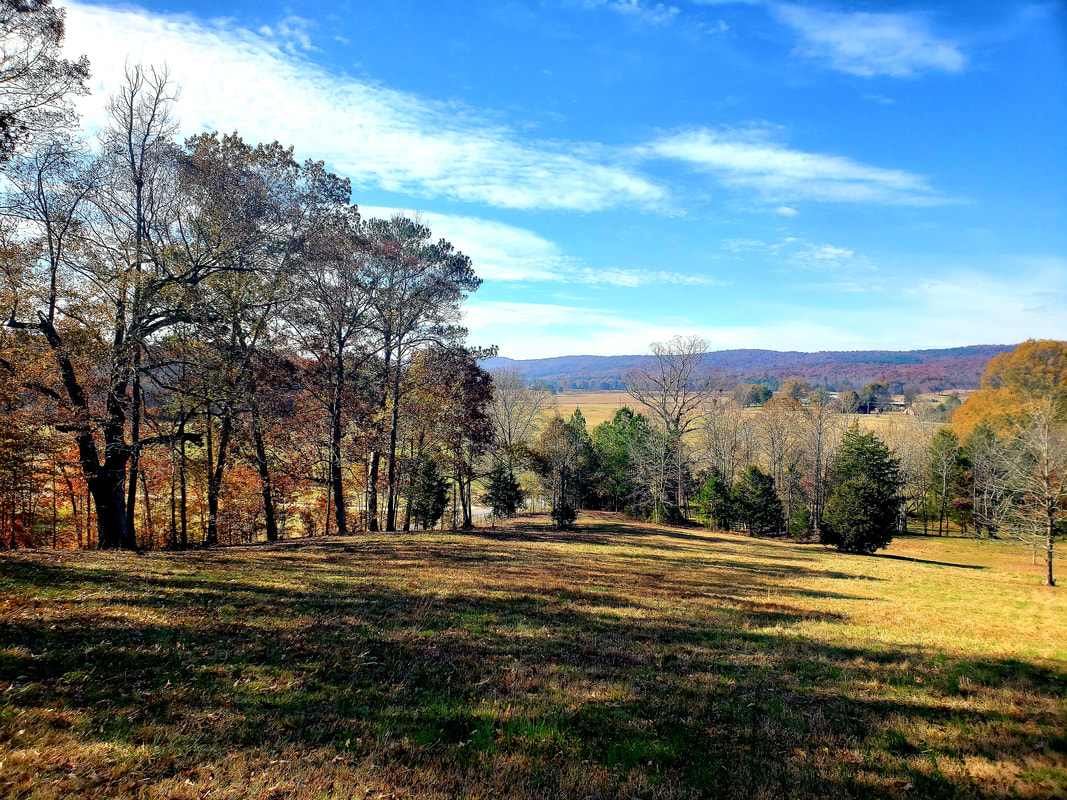
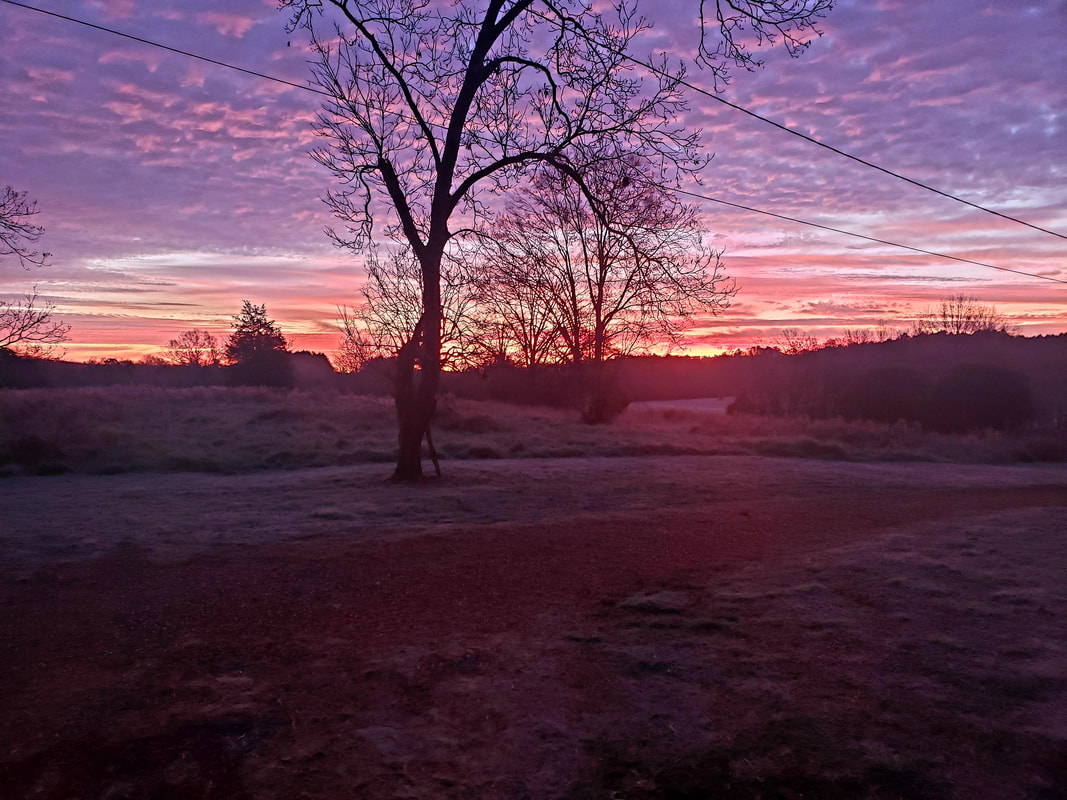

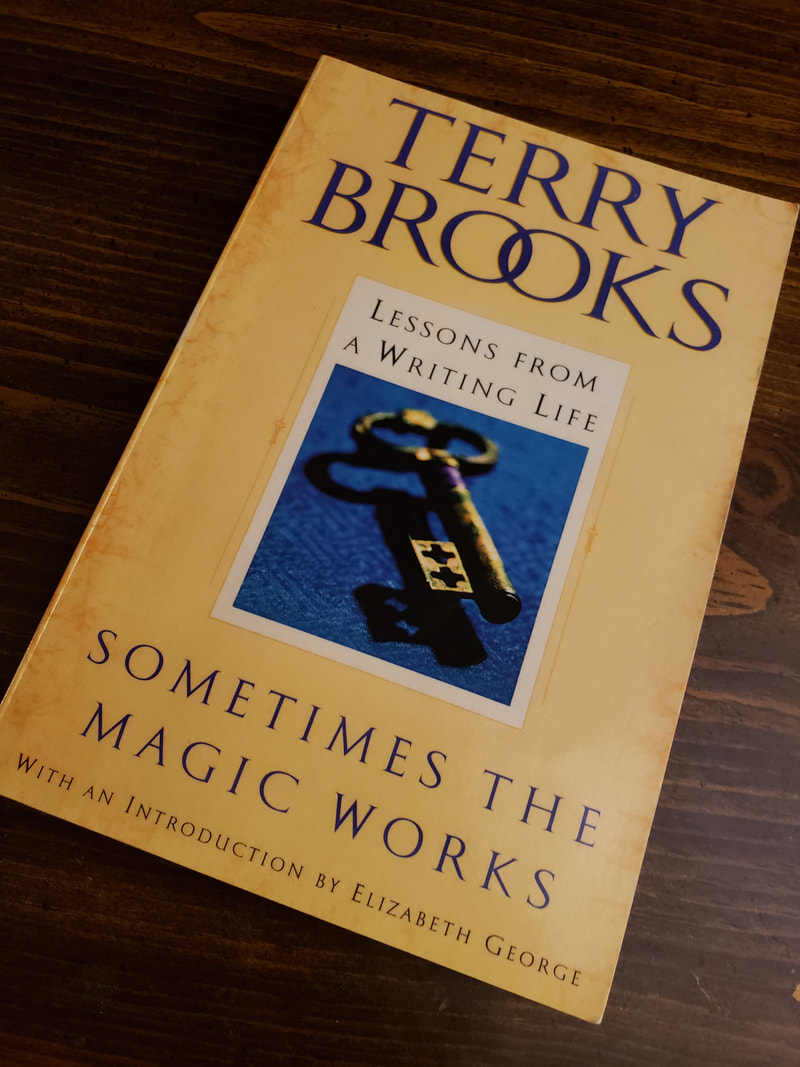
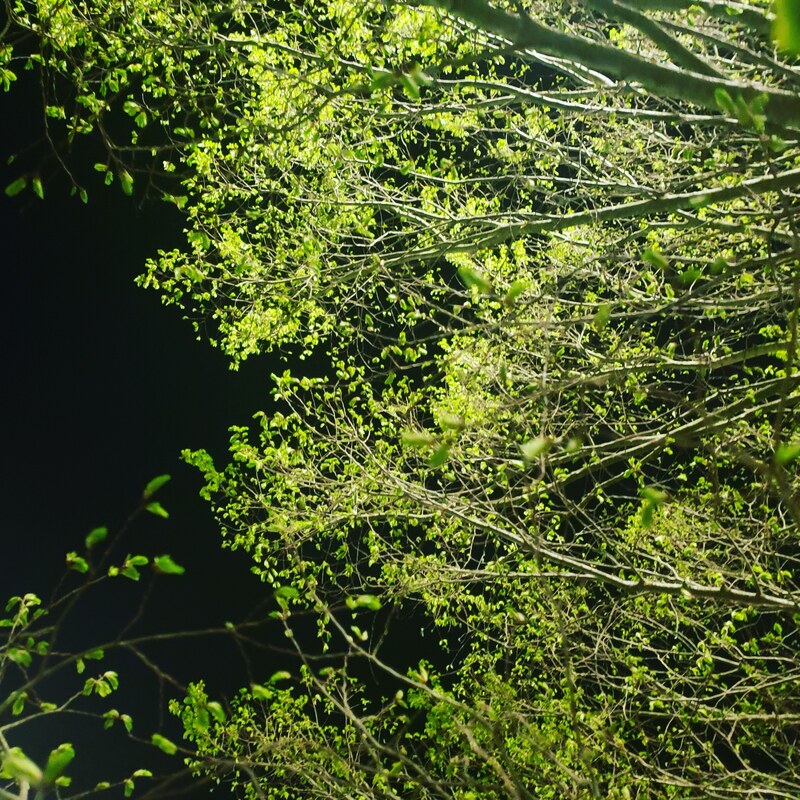
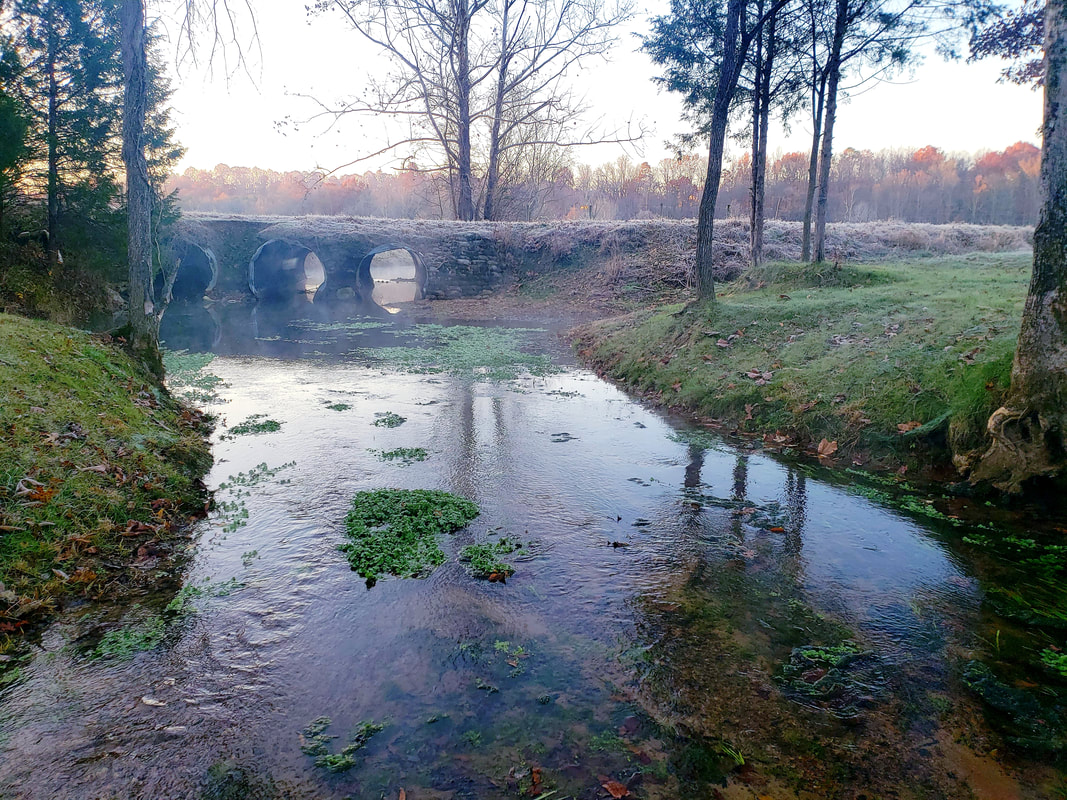

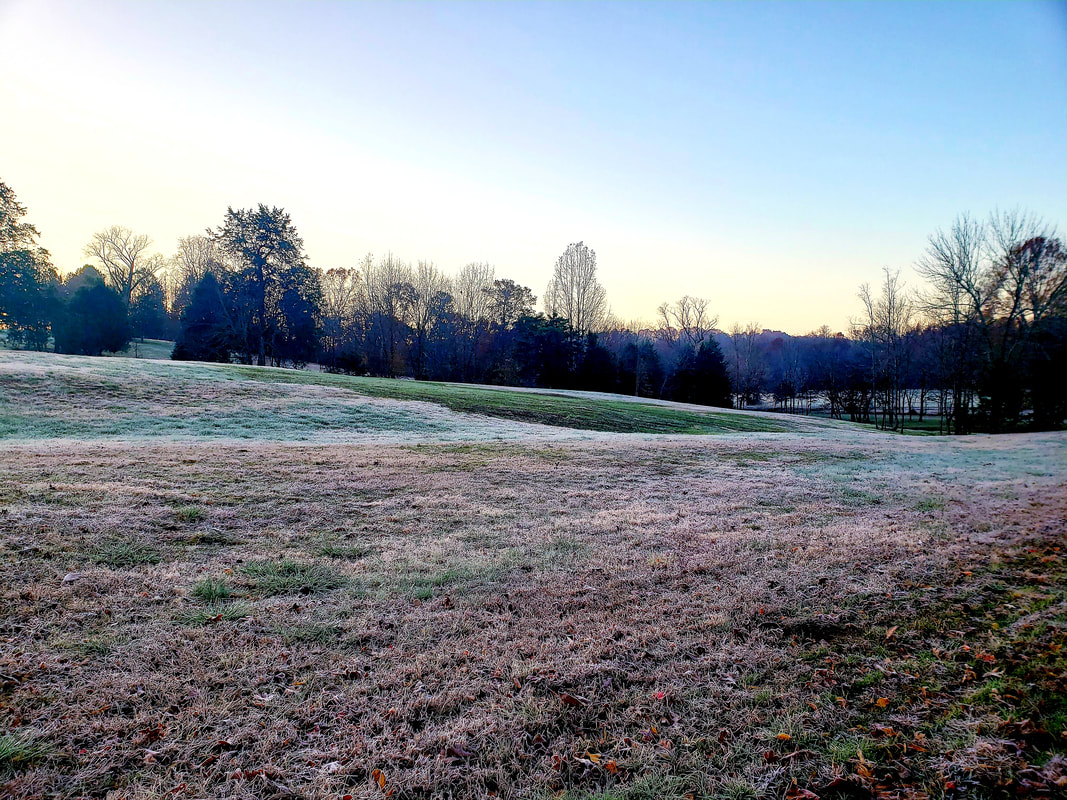

 RSS Feed
RSS Feed